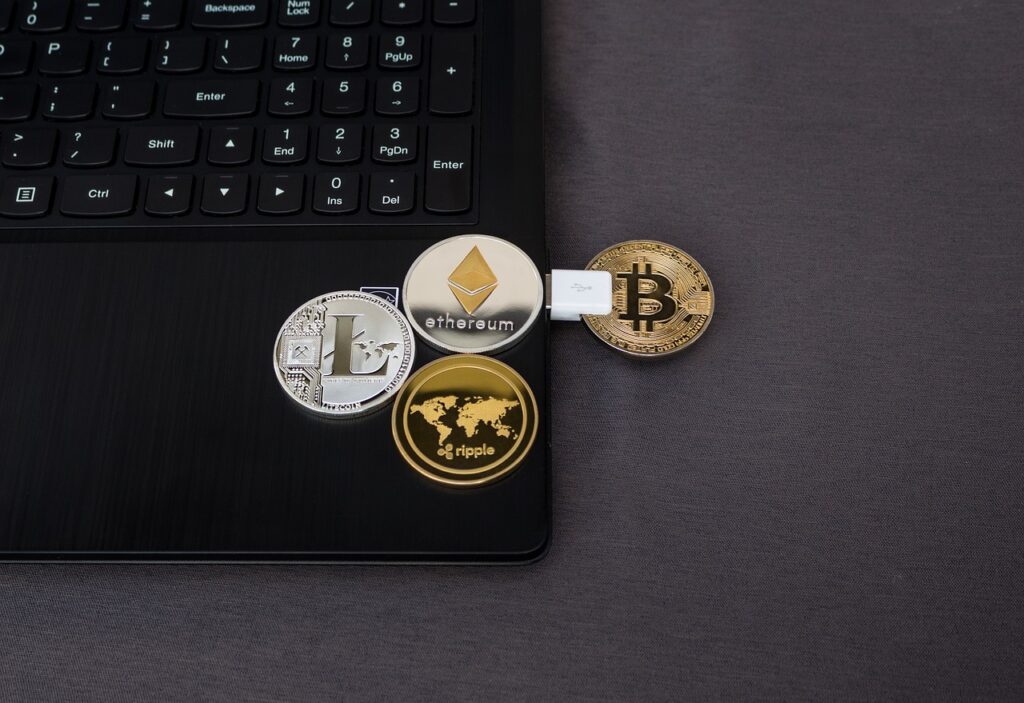India, a country of about 1.4 billion people, could soon completely ban the use of “private” cryptocurrencies, or those not controlled by their authorities. It is a proposal of the ruling party that could be adopted at the next session of the Indian Parliament. If the proposed law goes through all the prescribed procedures, all known cryptocurrencies such as Bitcoin, Ethereum, and the like would be banned in India, but the use of other applications of blockchain technology would be promoted with certain exceptions.
The ban on cryptocurrencies in India has been speculated for years, as well as the launch of their digital currency. It was even mentioned earlier that the Indian currency would be called Lakshmi, after the Hindu goddess who is associated with happiness, abundance, and wisdom. The first attempt to ban foreign cryptocurrencies in India failed ingloriously because it was thwarted by the Supreme Court there in March last year. The announcement of the ban on “private” digital currencies, as expected, caused indignation among all those who deal with them in India and beyond. Representatives of the Indian crypto community have expressed hope that parliamentarians will consult experts and market participants before adopting new rules.
In India, a new law banning cryptocurrencies has been proposed. After banks in that country have already been banned from all transactions involving bitcoin and related digital currencies, the ban could now be extended to the rest of the crypto-business. The proposed new legislation also envisions draconian penalties – from as much as ten years in prison – for anyone who “mines, generates, holds, sells, transfers, disposes of, issues or trades in cryptocurrencies”. In addition to being able to end up in jail, anyone dealing with cryptocurrencies in India could stay there for a long time, as this type of prison sentence does not provide for the possibility of bail.
India appears to be on the “blockchain, not bitcoin” side, as the country recently proposed a bill banning cryptocurrency trading, as well as proposing a 10-year prison sentence for using cryptocurrencies. The country’s central bank also banned banks from exchanging cryptocurrencies, in April last year. Since then, several stock exchanges have filed legal petitions to lift the central bank ban, but the issue is still in the Supreme Court of India.
Table of Contents
Why is India resisting cryptocurrencies?

The Indian Ministry of Electronics and Information Technology is preparing a national blockchain strategy. This step was made considering the potential of blockchain and different cases of use, the minister said. Banking, finance, and cyber-security are some of the sectors being explored for blockchain application. Although on the side of blockchain technology, this country still strongly opposes cryptocurrencies. India is one of the countries with the highest rate of the population without bank accounts. In 2017, the prices of cryptocurrencies rose, which led to global interest in them. However, while one committee supported blockchain technology and cryptocurrencies, another opposed and proposed shutting down trading platforms in the country. However, this proposal has not been fully implemented. Check here for more info: https://bitcoin-champion.app.
Why do people like cryptocurrencies?

For a large number of people, cryptocurrencies or digital currencies still represent a great unknown. It is not clear to them how they function, how they earn, save and spend. Cryptocurrencies work on a completely different principle. Instead of being kept in some hidden places, everything is open with cryptocurrencies. All information about a cryptocurrency is stored in some kind of public file that we could call the general ledger for that cryptocurrency. It contains all the information about each owner and each transaction that has been made. In Bitcoin, this general ledger is called the blockchain. By checking this book, everyone can know how much Bitcoin they own, or parts of it (which are called Satoshi in this cryptocurrency). Each transaction must be validated systemically so that fraud is minimized. We are not saying that fraud is impossible, there have been such cases, but every perceived security problem is solved much easier and faster than with the protection of classic money. Another very important feature of cryptocurrencies is that they are decentralized. Unlike banks and online payment systems such as PayPal, there is no regulatory body to oversee transactions. We could say how cryptocurrencies work on a peer-to-peer basis. This has led to one side effect – since they are not supervised by governments and banks, they have become popular for black market transactions.
How to start investing?

Investing in cryptocurrencies is not a difficult task at all, but there are basics you need to know. Although there are many ways to buy cryptocurrencies, people most often decide to buy in exchange offices or ATMs. Since shopping at ATMs requires less time, and you do not have to leave your information such as your bank account number, this option is preferred. So, it is enough to swipe your bank card and the purchase is considered successfully completed. Now you’re probably wondering where that money is. In the wallet, of course. But since it is digital money, so is the wallet. Although cryptocurrency traders prefer a hot wallet, ie holding through applications that require the Internet, the wiser ones are also willing to invest a few dollars more and provide a cold, hardware wallet that will keep their money away from hacker attacks. This is one of the smartest investments you can make. Now you can inquire about the best platforms and start trading. Choose your platform carefully because there are many scams on the internet.
Final thoughts
Investing in “digital gold” is a profitable, but also a risky investment and we must be aware of that. Therefore, beginners are advised to invest in several different currencies, so that they do not lose everything by falling in value of some of them. It is also good to have a software application that will automatically monitor the market situation for you. Over time, when you master the basics of trading, you can move on to a slightly more demanding way to make money through cryptocurrencies – mining.
